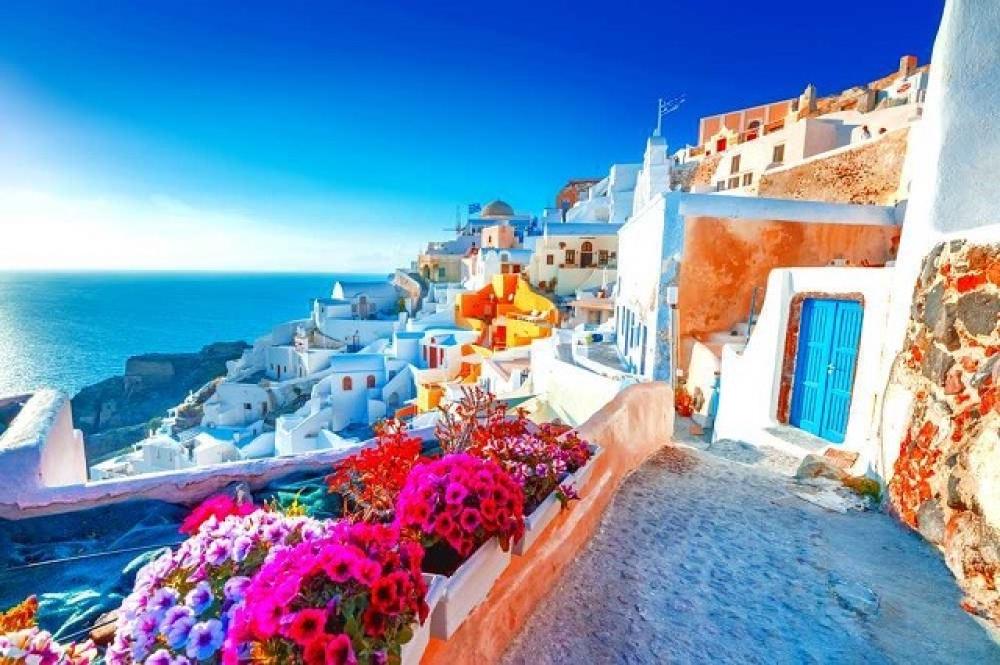Greece, the cradle of Western civilization and the birthplace of democracy and philosophy, has provided the world with an indelible influence over thousands of years. Reflecting on its rich history and vast culture, we find that Greece has been divided over the centuries into two main periods known as “Hellenic”: ancient Greece and modern Greece. Each of these two periods carries its own unique characteristics and significant contributions to human history.
### Ancient Greece
The origins of ancient Greek civilization go back to the third millennium BC, when the first civilizations began on the Greek islands and on the eastern coasts of the Mediterranean Sea. This period saw the emergence of city-states such as Athens and Sparta, each city distinguished by its own constitution and political system.
**Athenian Democracy:**
In the fifth century BC, Athens shined with its unique democratic system, which granted male citizens the right to direct participation in decision-making. This system was the cornerstone of Western political thought and formed the basis of modern democracy.
**Philosophy and science:**
Ancient Greece witnessed amazing development in philosophy and science. Philosophers such as Socrates, Plato, and Aristotle laid the foundations of Western philosophy, exploring questions of existence, knowledge, ethics, and politics. In science, the Greeks made major contributions to mathematics, astronomy and medicine, with figures such as Pythagoras, Euclid and Herophilus.
**Arts and Literature:**
The arts flourished in ancient Greece, where works of art were created in sculpture and architecture, such as the Parthenon in Athens. In literature, Greece produced immortal masterpieces such as the epics "The Iliad" and "The Odyssey" by Homer, in addition to the theatrical works of Aeschylus, Sophocles, and Euripides.
### Modern Greece
Following antiquity, Greece was subject to centuries of foreign rule, including the Roman, then Byzantine and Ottoman Empires. However, Greek culture remained vibrant, influenced by those periods and developed thanks to its interaction with other civilizations.
**National renaissance and independence:**
In the 19th century, under the influence of European liberation movements, the Greek Revolution against Ottoman rule began in 1821. By 1830, Greece gained independence and the Greek Kingdom was established. This period was the beginning of a new era of stability and cultural and political development.
**Modern culture:**
Modern Greek culture has developed uniquely, fusing ancient heritage with European and global influences. In literature, writers such as Nikos Kazantzakis have achieved international fame. In music, new forms such as rebetko and modern folk music emerged.
**Tourism and Economy:**
Tourism plays a huge role in the Greek economy today, with millions of visitors annually drawn to explore archaeological sites such as the Acropolis and beautiful islands such as Santorini and Mykonos. In addition, Greece has seen development in other economic sectors, including shipping and services.
### Conclusion
Greece, both in its ancient and modern times, has left an indelible mark on human history and culture. From philosophy and democracy to literature and the arts, the contributions of the Greeks continue to shape the world around us. “The Two Greeks” is a testament to the power of human will and its ability to create and innovate, and remains a source of inspiration for future generations.

